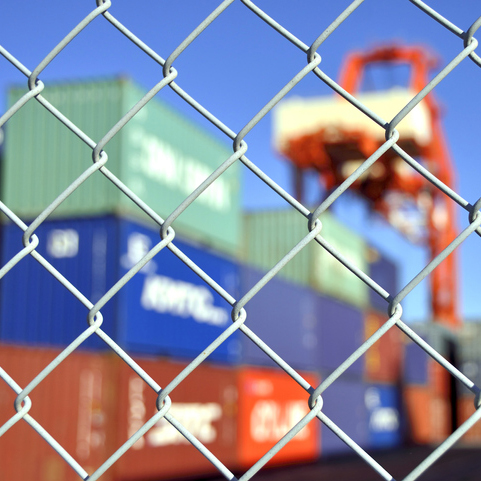Twenty-Three Pages You Just Cannot Miss
By Ben Conner, USW Vice President of Policy
Longtime readers of “Wheat Letter” know that there is a certain time of year when the “Wheat Letter” must be opened. When its content must be consumed with abandon. When one must read an article so important that – despite all the other wonderful “Wheat Letter” content provided throughout the year – this alone would justify the subscription.
Ladies and gentlemen, that time is now. This is the “Wheat Letter” post you have been waiting for. This is the one where we spin the tale of the “National Trade Estimate” report.
You ask, what is it about the National Trade Estimate that is so important? Why do you spend hours (days!) every year scouring the world to develop one long submission of trade policy issues to present to the U.S. Trade Representative (USTR)?
I am glad you asked. The straightforward answer is that USTR also asked. In 2019, for the 34th time, USTR will release a report on trade barriers around the world. In preparation, the agency published a “Federal Register” notice asking organizations like ours to catalogue all the policy challenges that disrupt U.S. exports.
While we aimed for brevity, globally dispersed conspirators had other plans. Twenty-three pages later and spanning a dozen countries, we have documented some of the most consequential policies affecting U.S. wheat exports today. These are limited to the policies that we believe to be inconsistent with each country’s World Trade Organization obligations and for various reasons the list is not exhaustive. We talk about domestic support, export subsidies, tariff barriers, non-tariff barriers, phytosanitary problems, and more.
Go ahead, take a look. If you love trade policy as much as me, you may still be bored but it could be helpful. After all, the point of listing these trade barriers is eliminating them. Without attention on barriers, governments will never work to solve them. And solving impediments to trade between U.S. farmers and their overseas customers is what we are all about here on the U.S. Wheat Associates trade policy team.


